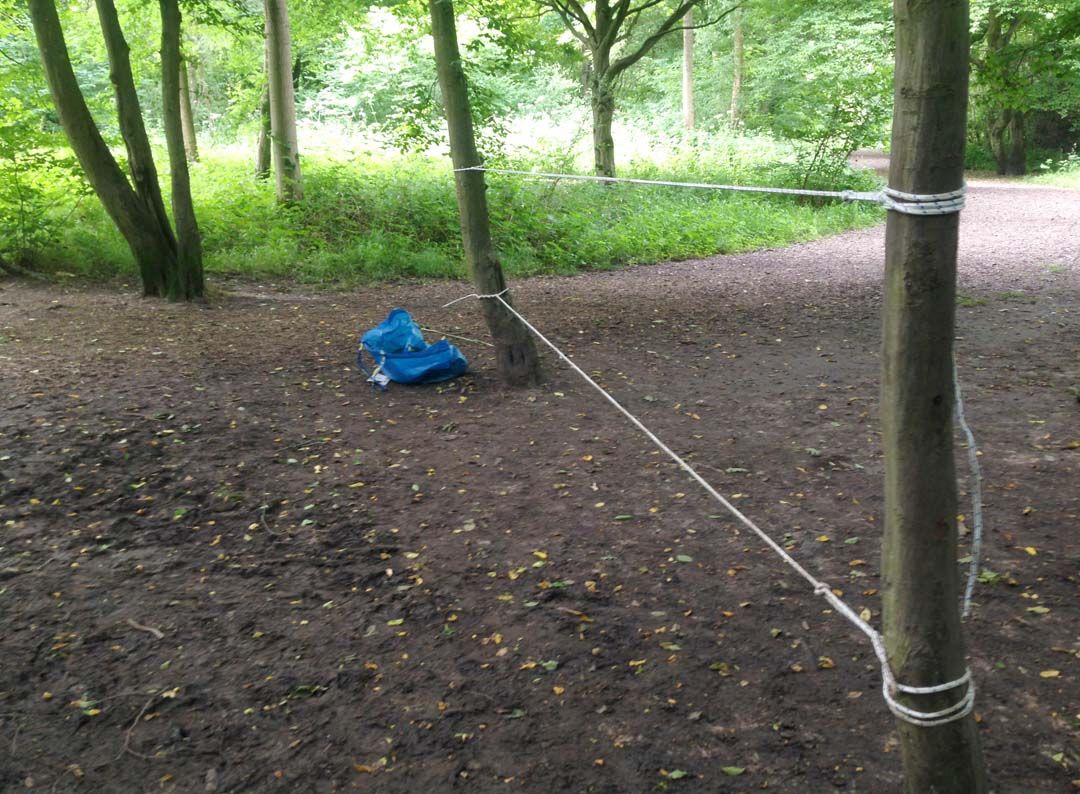
Blog
Stories from my personal journey learning about and delivering Nature-rooted programs across three different countries
Sometimes the problems are small, but the feelings are big
Caylin (Forest Schooled)

Empty space, drag to resize
Short on time? Listen to this blog post as a podcast. And subscribe to my podcast channel on Apple Podcasts, Google Podcasts, or Spotify.
Sometimes the problems are small, but the feelings are big. For example, this one time as a session was ending I found a 5 year old sitting on a tree stump with arms crossed and tears streaming down his face. Through his sobs he was able to tell me what had happened...
Two 8 year olds girls had made a swing-type apparatus out of rope. In their heads, they seemed to think it would enable them to fly – or at least this is what they led the 5 year old named Adam to believe. Adam wanted to try it too, but from what he told me, the older girls wouldn't let him. (This could have been because he asked just as we were packing up to leave...) Nevertheless, the girls took the rope down to put it away before Adam had a chance to try it.
Adam finished recounting his story with, “And now it's time to go home so I'll never have a chance to do it!!” And more sobs...
When a child is having a meltdown like this about something 'small', there are a few different reactions I tend to have.
One is where I wish I could just give them a little perspective – make them realise it's not THAT big of a deal. However, I know that attempting this will almost NEVER go down well. Even though the child may seem like they're overreacting, their feelings are still real and telling a child they shouldn't have them might make the problem worse by creating additional feelings of shame or resistance.
Another thing I often do is try to help them solve the problem. I did that in this particular situation by saying to Adam, “Well, I know we don't have time now, but we could always set it up again next time so you can try it then? What do you think about that?”

Good solution right? Well, he was not having it... He sobbed even more and said “But I wanted to do it today and now I can't and next time I probably won't even want to do it or I'll forget and I still will never get the chance!”
Sssoooobbbbbbb
Sssoooobbbbbbb
Then I started to recognise the situation as one I've actually been in a few times myself before – when I'm sad about something and I share that sadness with someone. Then they offer this 'quick fix' which makes me feel like I shouldn't be that sad because there's such a simple solution. I then feel like I need to validate my sadness to them so I come up with all sorts of negative reasons for why their solution just wouldn't work... Can anyone relate here?
Why do we do this? Because emotions take time to overcome. Giving a solution doesn't make the feelings instantly go away. Sometimes just feeling the feelings for a while and having someone listen is all we need. So that's what I did.
I put an arm around Adam and said, “I understand why you're disappointed Adam. I'm sorry you're feeling sad.” His sobs slowed and he started to calm down. After a moment he stood up, put his arm around me too and we walked back together to leave with the group.
Steve and Shaaron Biddulph (2003) in The Complete Secrets of Happy Children state, “'Just listening' is powerful medicine. If we can hold back from putting instant Band-Aids on every hurt, we can enter the deeper world of our children” (pg. 52). So how does it help? Listening provides an opportunity for children to process their emotions and to deal with them. So when a child is overreacting, I try to remind myself that everything children do is essentially 'practice' for the big, real world. And if I can help them through their big feelings when the problems are small, I hope they'll be better able to handle big feelings in the future when the problems are big too.
References:
Biddulph, S and Biddulph S (2003) The Complete Secrets of Happy Children, Thorsons, London.
Hilkey, C. (2016) How Empathy Creates Successful, Happy Kids in 5 Easy Steps, http://www.happilyfamily.com/empathy-kids/, 19/05/2017.
More Posts
WANT TO GET FOREST SCHOOLED TOO?
Subscribe to my email letters, something special from me to you so we can learn together. Each one is filled with heart-felt stories from the forest, resources you may find useful, and things that hopefully bring a smile too.
Thank you!
© by FOREST SCHOOLED
